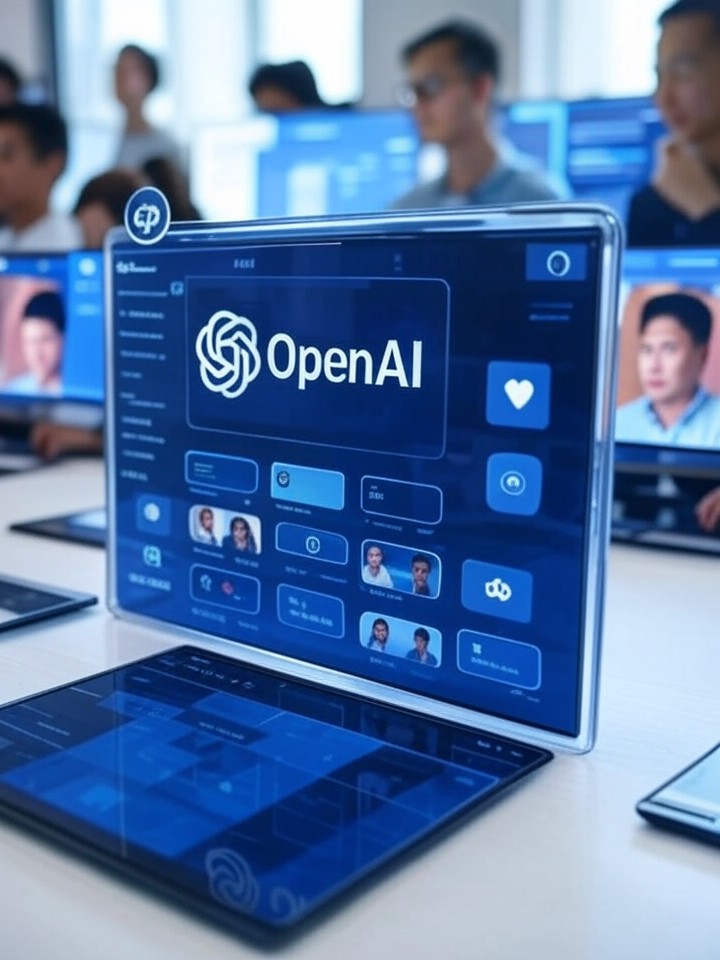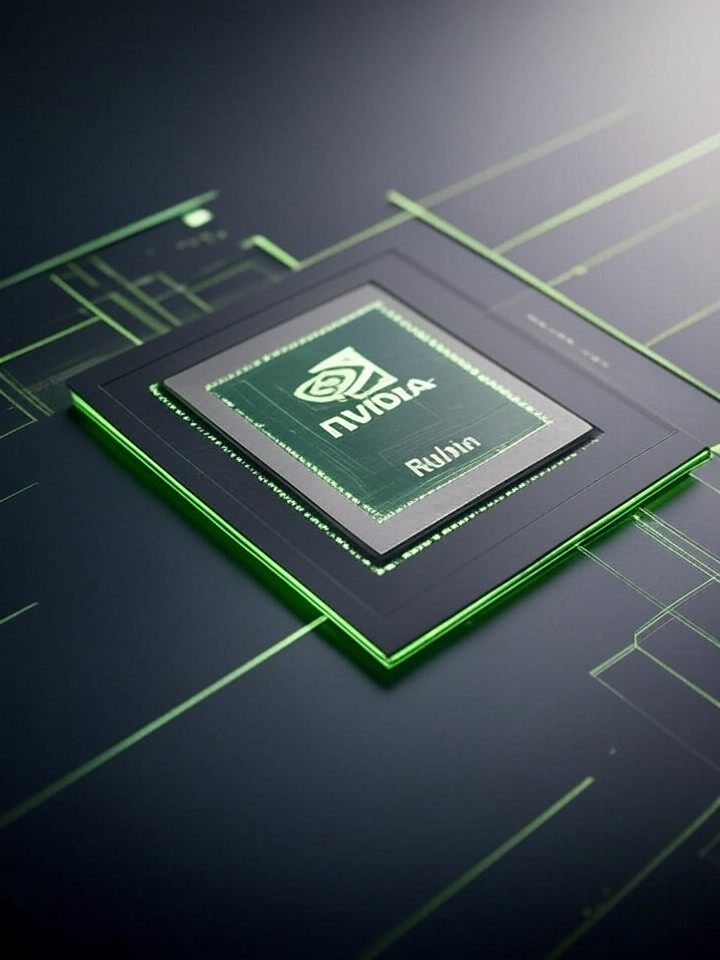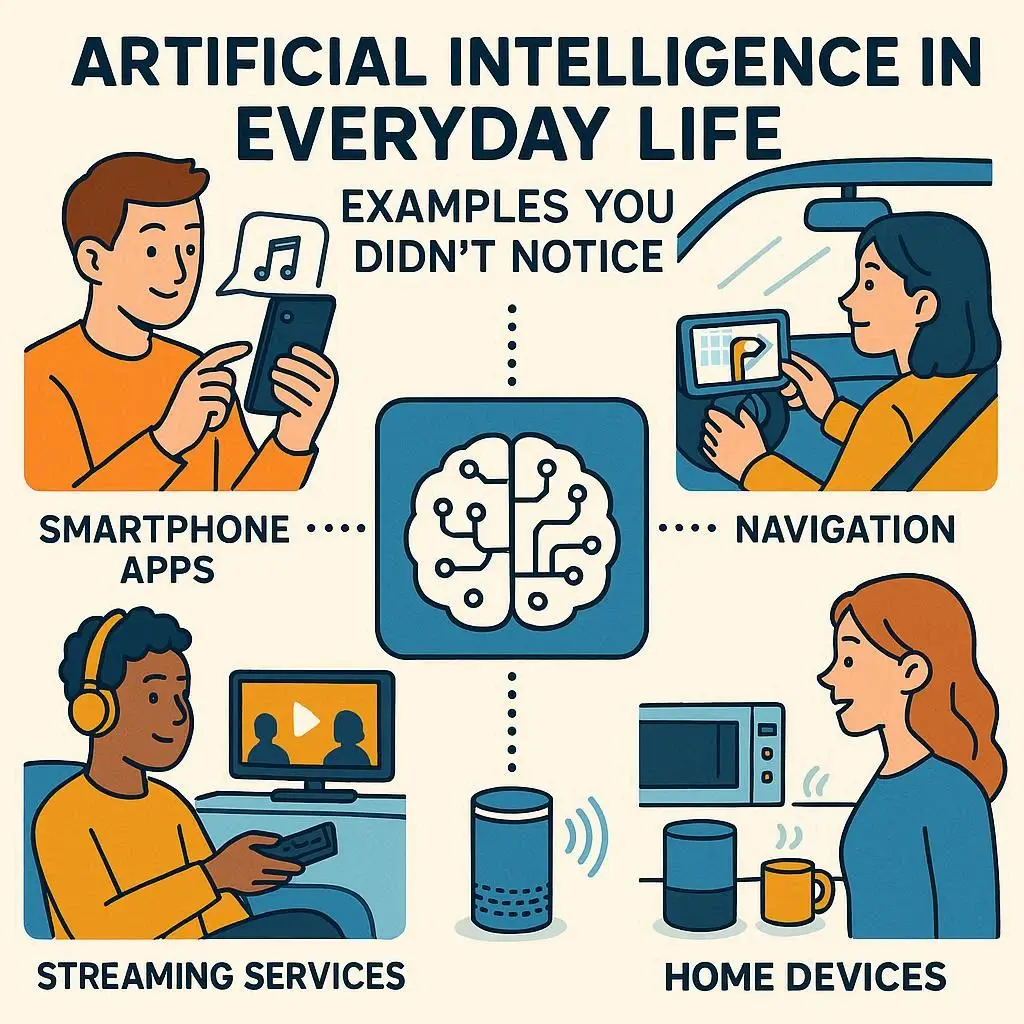Artificial Intelligence in Everyday Life: Examples You Didn’t Notice
Artificial Intelligence (AI) is no longer a futuristic concept confined to science fiction. Today, AI has seamlessly integrated into various facets of our daily lives, often in ways we may not immediately recognize. From the digital assistants in our smartphones to the recommendations on our favorite streaming platforms, AI is at work, streamlining our experiences and enhancing convenience. This article explores some of the subtle yet significant ways AI is embedded in everyday activities that you might not have noticed.
Understanding Artificial Intelligence
Before diving into its applications, it’s crucial to define Artificial Intelligence. In simple terms, AI refers to the simulation of human intelligence processes by machines, especially computer systems. These processes include learning, reasoning, problem-solving, perception, and language understanding. Whether through machine learning, natural language processing, or deep learning, AI technologies are designed to improve over time as they process more data.
AI in Personal Devices
Smartphones
Smartphones are one of the most ubiquitous examples of AI in personal devices. These pocket-sized gadgets utilize AI in multiple ways:
- Voice Assistants: Siri, Google Assistant, and Alexa are AI-powered voice assistants capable of setting reminders, sending messages, or even controlling smart home devices. They leverage natural language processing to understand and respond to user queries.
- Camera Functions: AI enhances camera functionality by automatically detecting scenes, optimizing picture settings, and even recognizing faces. Apple’s iPhone and Google’s Pixel devices use AI to improve photos in low-light conditions or suggest the best time to press the shutter.
Wearable Technology
Wearable devices, like smartwatches and fitness trackers, also incorporate AI to provide users with personalized insights into their health and wellness:
- Health Monitoring: Smartwatches track heart rates, sleep patterns, and daily steps to offer users valuable health data. AI algorithms analyze this data to provide recommendations for improving health and fitness.
AI in Entertainment
Streaming Services
Ever wondered how Netflix always seems to know what you want to watch next? Streaming services utilize AI to personalize content recommendations:
- Recommendation Engines: By analyzing your viewing history, search queries, and even how long you’ve watched certain titles, AI algorithms curate personalized content suggestions. This personalization enhances user engagement and satisfaction.
Music Platforms
Similar to video streaming, music apps like Spotify use AI to tailor playlists:
- Curated Playlists: AI analyzes factors such as listening habits, preferred genres, and match preferences to create playlists that suit individual tastes.
AI in Daily Shopping
E-commerce Platforms
AI is pivotal in reshaping the online shopping experience, providing features like:
- Personalized Shopping: Retail giants such as Amazon use AI to analyze user behavior and offer personalized product recommendations, improving customer satisfaction and driving sales.
- Visual Search: Some platforms allow users to upload images or take photos of items to find similar products online, thanks to AI-driven image recognition technology.
Customer Service
AI chatbots are revolutionizing customer service by providing immediate assistance:
- Virtual Assistants: Chatbots guide users through purchases or solve product issues, enhancing user experience and reducing the need for human support.
AI in Transportation
Navigation Apps
AI powers popular navigation apps like Google Maps and Waze, which play a critical role in daily commuting:
- Real-time Traffic Data: These apps use AI to analyze traffic conditions, suggest optimal routes, and estimate arrival times, making commuting more efficient and stress-free.
Driver Assistance Technologies
The development of autonomous vehicles is one of the most advanced examples of AI, but driver assistance features are also prevalent:
- Enhanced Safety Systems: AI-driven technologies such as adaptive cruise control, lane-keeping assistance, and parking aids help improve driver safety and comfort.
Conclusion
From smartphones to cars and e-commerce to entertainment, Artificial Intelligence is intricately woven into the fabric of our lives, enhancing convenience and personalization. As AI continues to evolve and improve, its potential to further transform our everyday experiences appears limitless. By recognizing the myriad of subtle ways AI influences our daily activities, we gain a deeper appreciation of the technology that quietly shapes our world.











